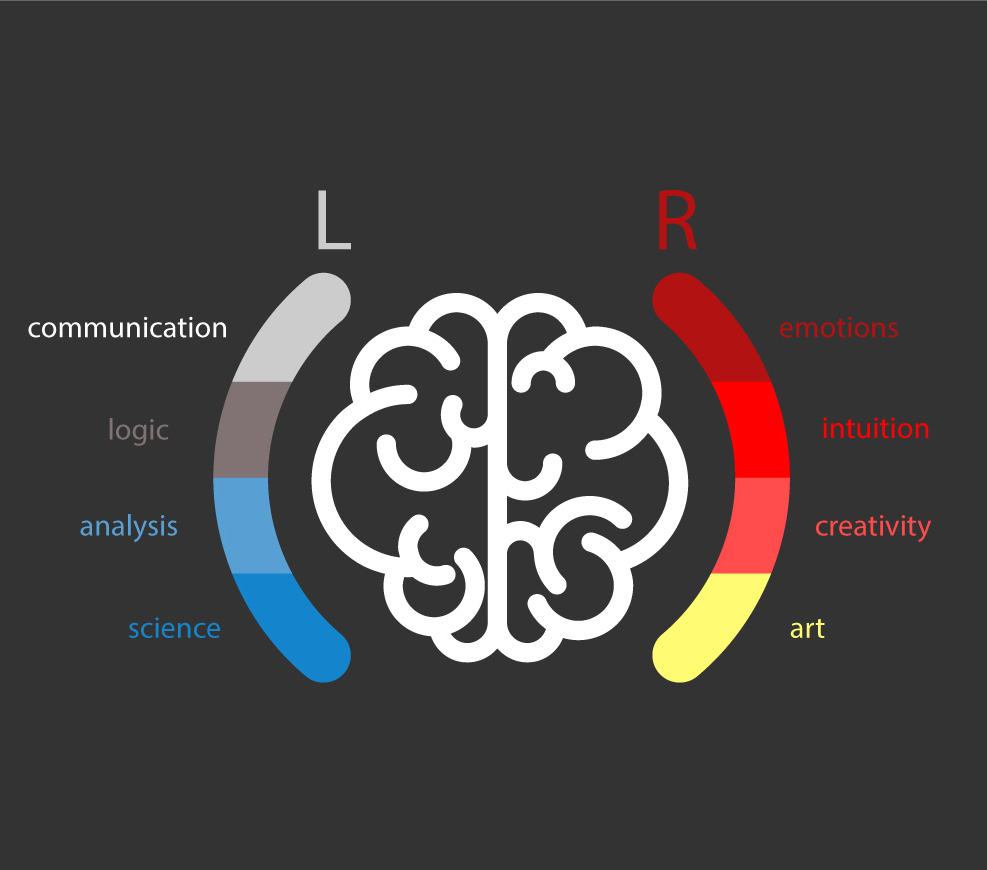
Because I was a confirmed reading addict when television appeared, it failed to dislodge my teenage obsession. Like Groucho Marx I found the idiot box “very educating”: “Every time somebody turns on the set, I go into the other room and read a book.”
It’s been a relentless dependency. I still find it difficult to walk past a bookstore. I dread heading out to my doctor’s appointment or boarding a flight without a book in hand. A passion to read undoubtedly afflicts many of us. Readers can become editors or writers. Yet Warren Buffett and Bill Gates are also bookworms, so we aren’t all fated to be penurious.
As obsessions go, I find reading to be the most benign. My only apprehension over the years was that because reading was regarded as a left-brain activity, as were my pursuits of editing and writing, I risked putting my head out of kilter. I’ll come back to this.
For the last several years I’ve been coming across articles that claim too much reading can be harmful. They’re not addressing the left-right brain issue: most approach excessive reading as a toxic habit, like gambling or drinking. Google “reading too much” and more than two billion sites will deluge you!
Apparently this is not something new. Overindulgence in books has been a source of worry for a long time. Three centuries ago the Germans coined the words Lesewut (reading craze) and Lesesucht (reading mania). Soon after the English came up with bibliomania to describe the obsession, but it took another century to add bibliophilia, a word that expresses the saner passions of reading and admiring books.
Because most of the current articles assume reading can become a toxic habit, they contain the blather that applies to any compulsive activity: bibliomaniacs are apt to neglect work and friends, have their homes engulfed by books, squander their wealth, etc. But doesn’t all excess have potentially ruinous consequences, even collecting stamps or matchboxes?
Now back to our brains. If you buy into the split-brain theory that’s been around for several decades, you’ll believe that the left hemisphere is assigned verbal duties, while the right side deals with creative matters. This idea is credited to American neurobiologist Roger Sperry, who won a Nobel Prize in 1981.
As that theory had it, editors who devoted their spare time to reading were at risk of short-changing their creative side and developing a mental imbalance. Cognitive science now says this is all nonsense. Yes, brain activity differs in response to what we’re doing. So verbal work will centre on the left side and spatial on the right, but there is no real division of labour. We use all of our brain all of the time.
Of course, tomorrow may bring an entirely new finding. Meanwhile, I’m off to the library.
___
Previous post from Wilf Popoff: Wasted Words: The Torments of Editing.
The Editors’ Weekly is the official blog of Editors Canada. Contact us.
Discover more from The Editors' Weekly
Subscribe to get the latest posts sent to your email.
